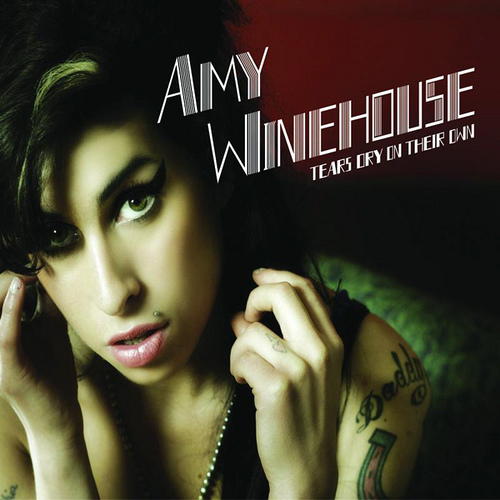Don't Sweat the Technique was their fourth album, released on MCA Records. Recorded and produced by them at The Hit Factory in New York City, the album would be the duo's last album together. It came out June 23, 1992, two years after Let The Rhythm Hit'em, and one year after the unofficial end of hip hop's so-called Golden Age. It's not mentioned as often as their other three albums, but don't let that fool you - it is a classic.
The album builds on the sounds of 1990's Let the Rhythm Hit 'Em, with Rakim sounding more aggressive on Eric B.'s jazzy, soulful production. The title track was a minor radio hit. Casualties of War was also released as a single and contains some of Rakim's most political lyrics. Know the Ledge first appeared in the film Juice under the title Juice (Know the Ledge). The album charted at no.22 on the US Billboard 200 and was well-received by music critics upon its release.
The album received positive reviews from music critics upon its release. The Source gave it a four out of five mic rating and praised Rakim's lyricism. Havelock Nelson of Rolling Stone gave it four out of five stars and stated "Eric B.'s tracks are mellow and mean, while Rakim's lyrics are at once eloquent and threatening". Nelson wrote that the duo "expound further on the funky-fresh aesthetic" with Don't Sweat the Technique, adding that it "activates the mind - it's erotic, playful, violent, dramatic, funky, jazzy and definitely dope".
Musician magazine stated similarly, "What keeps this duo dynamic is that they understand the importance of sticking with the basics hard beats, sly samples and imaginative cadences - and foregoing fashion."
while. Boston Herald writer J.R. gave the album an A- rating and complimented Eric B.'s "diverse mix of beats and melodies from hard funk to more subdued blues and jazz", concluding that "The potent combination of articulate raps and catchy beats makes 'Don't Sweat' a real burner".
But instead of taking what an overly-verbose music critic thinks of the album, here's what RAKIM once said about it in the Source:
"I always go left. I wasn't looking for the familiar track sound. I was looking for classic [...] I did some things on there that I knew would never get played on the radio and I didn't care, but I knew that my dogs and my true listeners is gonna throw it in the walkman, in the truck, and zone out on it. That's what I like doing man and maybe that's why I'm still here 'cause people know I go the extra yard to try and get them to listen.What else can you say about arguably the best and most influential duo that hip-hop has ever witnessed?
It's my rhymes, sometimes you might not get that @#%$ the first time. Play that [...] the next time you might not get it but after a while you start pickin' up like oh okay I see what he did."











